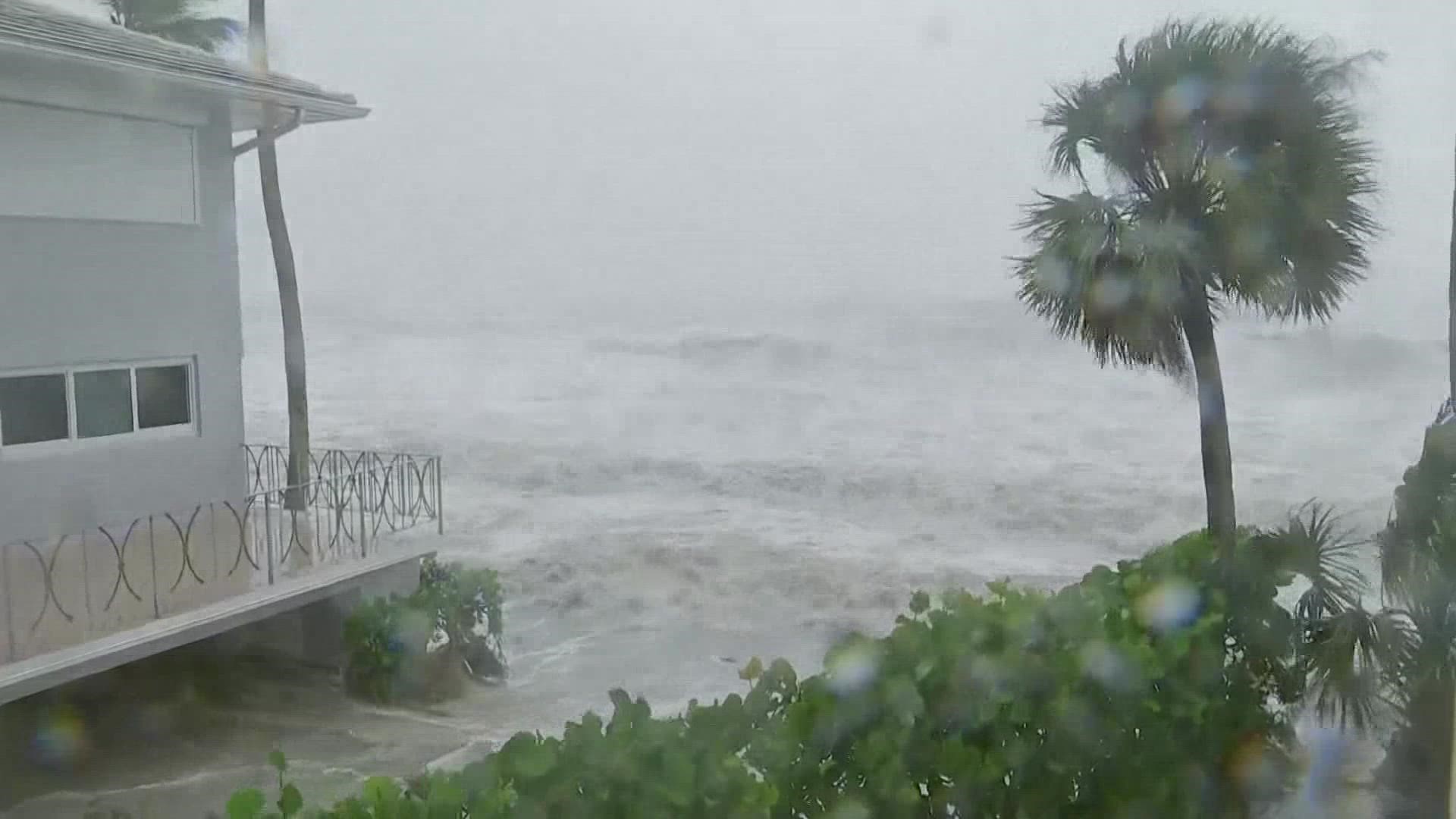COLORADO, USA — On Wednesday, Hurricane Ian made landfall in Florida as a Category 4 storm with winds reaching 150 mph.
Already, the storm has flooded streets and homes and knocked out power for 1.8 million people. Just days before, the storm left two people dead in Cuba and brought down the country’s electrical grid.
While first responders on the ground will focus on the immediate hurricane fallout, a group of doctors in Colorado is looking at the bigger picture.
“We think about air quality, we think about water security, we think about wildfires, extreme heat and extreme weather events and what it does to our communities,” said Dr. Jay Lemery, who helped found the University of Colorado School (CU) of Medicine’s Climate and Health Program, which focuses on the impact of climate change on human health.
“Climate change is accelerating, and the health impacts are likewise, accelerating,” he said.
Lemery is an emergency medicine physician and professor at CU's Colorado Anschutz Medical Campus. “You think about [the Marshall Fire] last December in Boulder [area]. Air quality and extreme heat and drought conditions. This is stuff were seeing right now in Colorado.”
“All of these have health impacts, and so what we’re trying to do here is train our clinicians to be savvy, to understand how to take care of patients coming to our ERs, our hospital systems – but also be in a place where we can make our systems resilient, themselves.”
Lemery has worked on the ground after hurricanes and studied the longer-term health impacts. He co-authored a study published in the New England Journal of Medicine studying the “excess deaths” in Puerto Rico related to Hurricane Maria.
He’ll be watching Hurricane Ian, and the aftermath, closely.
“What I’m thinking about is the immediate trauma to anyone who is there. It's palpable, you don’t want to be there if things are flying around, there’s flooding everywhere. There’s the sub-acute: people cleaning up yards, disruption to power, electricity, access to healthcare, their jobs, things like that,” he said. “Then months from now, there’s going to be people who lost their homes. Where do they live? What do they do? What’s their mental status? How resilient are they?”
Online, the climate and health program website, it describes its mission:
“To further understanding of the impacts of climate change on human health and to be credible advocates of smart policy that addresses the climate crisis and advances human dignity in the same effort. We aspire to be the home of climate medicine.”
“We’re training fellows, students, residents… in climate medicine. The goal is for them to be credible, knowledgeable and effective leaders. To be able to bring health lens to so many of these important policy decisions,” Lemery said. “We know climate change is multifactorial. Health has to be in the middle of this. The health of our parents, communities and children.”
SUGGESTED VIDEOS: Colorado Climate

